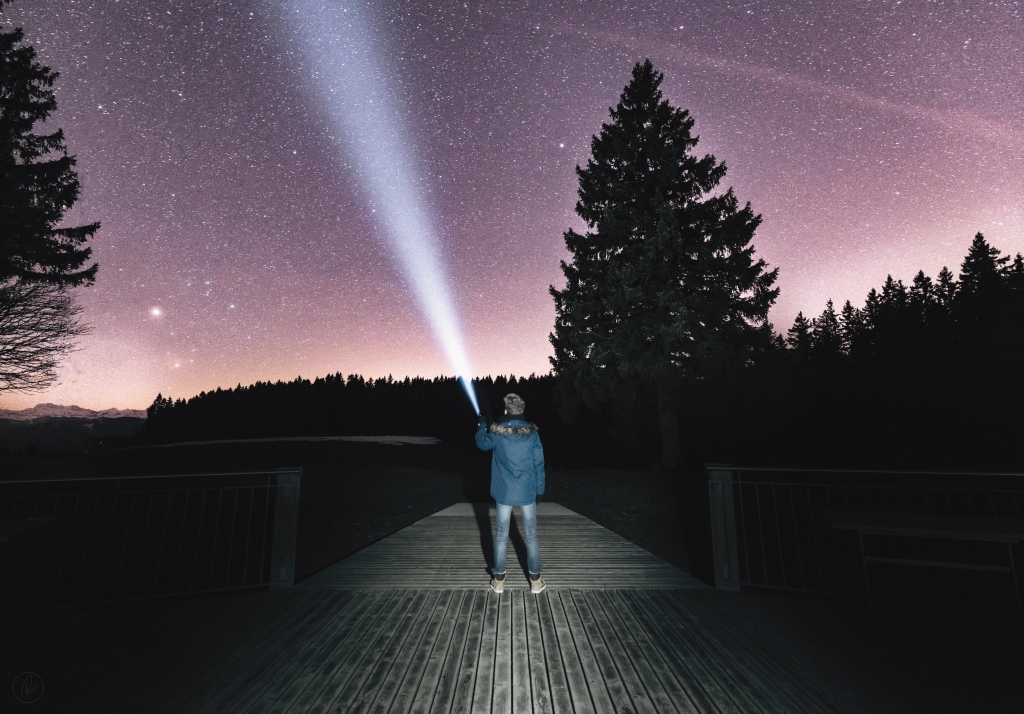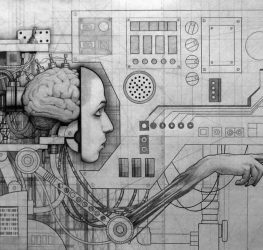Business Review feature on personal branding and personal development

- How has the Romanians’ perception changed when it comes to personal branding & development in the last years? Are personal branding & development trending in Romania? Do you see a rise in the last years and why?
I believe Romania follows naturally a worldwide trend shaped significantly by the rise of social media, communities of peers and the change in working time structure.
Personal branding is much more than a fad. The need for it, in business at least, became an almost sine-qua-non prerequisite for success. And that is due to one main reason: personal reputation, now easier to track anytime, anywhere started to matter a lot. More and more professionals (executives or entrepreneurs) realize the need to articulate clearly their own discourse, to put forth their own professional offer consistently. I dare to say that the noisier the clutter of daily news about everything, the bigger the need for standing apart through branding. Branding enforces clarity, unites perspectives, and creates a distinguishable and potentially memorable footprint for the business and its leader. Branding is a powerful (self) management tool and the first solid brick for public exposure: because indeed, branding is not (only) about exposure but about creating the very core of what you have to say so as to represent you at your best, to be relevant to others and, if possible, to bear a certain degree of newsworthiness.
- Tell us more about your personal branding courses and what you do differently in your company in comparison with the competition? Why have you chosen that niche? What do you foresee for the future?
There are two things that define distinctively my work.
Firstly, I don’t do personal branding courses and that is the very essence of my competitive difference. What I do is personal branding consultancy. I do not teach people self-help, I do not deliver public speaking about how to enhance your brand in general and I do not sell tips& tricks. Personal branding is …personal, therefore it is a one-to-one endeavor, a 100% personalized approach. It’s a made-sur-measure tailoring, meaning time and know how dedicated individually to each person that seems to need my expertise. Actually the very name of my freelance company – Innerout – encapsulates the quintessence of my approach: personal branding starts from the inner capabilities of the person in order to be sustainable, further builds on authenticity and then shows itself outside, in its best of versions.
Secondly I do not work for celebs or showbiz, as it is usually the common expectation in the field. I believe celebs and public figures need no branding, but constant exposure. My “niche within the niche” is the rising world of entrepreneurship instead, be it for startups or established businesses, be it for freelancers or mature business owners. I work for people who proved to really need this service because of two main reasons:
- Entrepreneurial businesses are intimately linked to the reputation and destiny of their leader. The personal brand of the leader strengthens the business and constantly feeds its reputational capital. And vice versa. In corporate businesses this doesn’t happen.
- Entrepreneurs feel the need to start, to make, to build (it’s the rather instinctual side of this special breed) but they usually lack a map and the objective eye of an outsider. They can never judge fairly their own baby. I firmly believe in the saying that even the best of the shoemakers with always be short on …his own shoes. It calls for an outside look to put things in perspective and the finger upon what is relevant indeed.
Personal branding is about creating a professional identity first and foremost, and then putting it in its best verbal and graphic shape in order for its most relevant stakeholders to properly reach its messages.
To put it short I’d say that personal branding is an effort to articulate the human complexity in the fewest words possible – a complicated way to simplify things, as I like to put it. People need simplification and clarity, and branding does that. Unless a brand is clear it cannot communicate efficiently and effectively. Branding articulates the reality of the output, whatever this is. From there on business decisions are smoother and communication follows. Branding does that: it always serves as a strategic management tool and an engagement around a certain meaning. People live for meaning, are driven to work by meaning. Brands, including personal brands, need to instill meaning, otherwise nobody is hearing them.
- Can we consider that Romanians are starting to be more and more interested in their personal development and the meaning of life? How do you see that manifesting?
Personal branding and personal development are neighbors but not relatives. Branding is publicly related more to communication and exposure, while development is more of a personal roadmap to follow. It is also true that it happens for both to occur more or less in the same period of life: at midlife, at career crossroads, after downshifting, or when the employee status makes room to the need for more personal freedom.
Still, the common denominator of personal branding and personal development is the need for identity. Branding is about shaping identity and consolidating a reputation based on that identity and starts with a solid portion or self-awareness and self-knowledge. Branding must unleash self-development otherwise the whole process risks flimsiness. Branding itself is a discipline in which fields as communication, psychology, social behavior theories, coaching, advertising and good writing skills dovetail.
- At what revenue a year would you consider is the Romanian personal development marketing situation? (courses, events, books) What are the trends in this area?
No doubt it is a market in growth or at least steady as people are more and more aware of this need, but I couldn’t give any estimate. Only by observing the dimensions and the positioning of the shelf in bookstores dedicated to self-development literature, the focus becomes clear. New terms and meanings are coined to describe social realities that did not exist 5 to 10 years ago. It’s the times we live in that accelerated the need to take faster and maybe more radical decisions regarding the work-life balance; opportunities are everywhere doubled by the mirroring risks, entrepreneurship and freelancing lures more people and there is a lot of talking around it in the last ten years, etc. So with lots of open doors and market dynamics as never before, people put more pressure on their careers and ask more of them. Generations gaps are still visible and not necessarily erased by technology while lots of challenges ahead leave us with very few certainties.






Mihaela Rădulescu